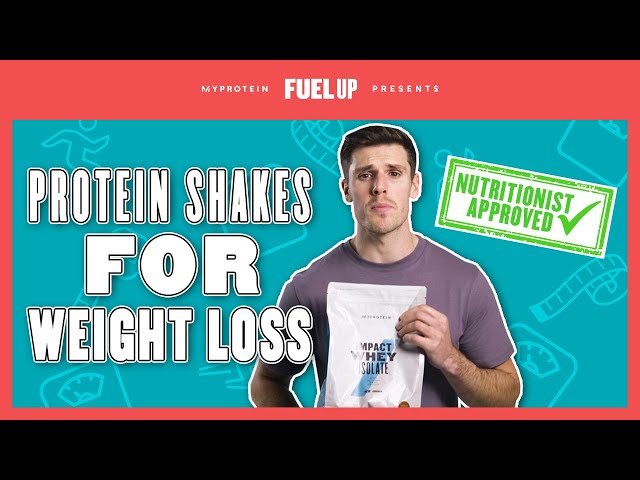
When embarking on a weight loss journey, many people wonder if there’s a magic formula to shed those extra pounds. Is it calories? Exercise? Or perhaps adding more protein to the diet? Research and expert opinions suggest that increasing protein intake can play a substantial role in weight loss, enhancing satiety, boosting metabolism, and helping maintain lean muscle mass.
Understanding the Role of Protein
Protein is more than just a building block for muscles; it acts as an essential nutrient in managing hunger. According to specialist advice, protein helps regulate the hunger hormone ghrelin while increasing levels of appetite-reducing hormones like GLP-1 and peptide YY. This hormonal balance aids in naturally consuming fewer calories, which can support weight loss.
What amounts of protein are necessary for effective weight management? Aiming for daily protein intake somewhere between 1.6 to 2.2 grams per kilogram of body weight is generally recommended for those seeking to lose weight. For an average adult weighing 70 kg (154 lbs), this translates to approximately 112 to 154 grams of protein per day.
Rachel, a fitness coach who has worked extensively with clients on dietary adjustments, shared her thoughts: “Increasing protein intake doesn't just help people feel fuller for longer; it also ensures your body retains muscle while losing fat. When you don't include enough protein, you risk losing muscle, which can lower your metabolic rate.”
Proven Strategies with Protein
There are several effective strategies that incorporate protein into weight loss plans:
- Choose Lean Protein Sources: Opt for nutrient-rich foods such as lean meats, fish, eggs, legumes, dairy, and soy products. These choices not only provide ample protein but are generally lower in unhealthy fats and calories.
- Incorporate Protein with Every Meal: Ensuring each meal includes a protein source can significantly curb hunger. Nutritionist insights recommend integrating proteins with complex carbohydrates and healthy fats, forming balanced meals.
- Protein and Exercise: Combining a high-protein diet with resistance training enhances the retention of muscle mass during weight loss. Experts advocate coupling protein shakes or bars with weightlifting sessions for maximal results.
“My clients who adopted a high-protein diet not only found it easier to manage hunger, but they also reported improved energy levels and stamina,” Rachel added, emphasizing the holistic benefits of a protein-rich diet.
Why Not Just Caloric Restriction?
Although reducing overall caloric intake is vital for weight loss, it isn’t the only aspect to consider. Studies have demonstrated that participants consuming a higher protein diet—while still under a caloric deficit—lost significantly more body fat and retained muscle than those consuming regular protein levels.
A study published in a medical journal indicated that participants on a calorie-restricted diet with higher protein levels lost 53% more body fat compared to those with typical protein consumption over 12 months. These findings reveal that adequate protein is crucial for not just losing weight but effectively transforming body composition.
Misconceptions About Protein
Some individuals might assume that simply increasing protein intake will magically result in weight loss, akin to a shortcut. However, the reality is more nuanced. While protein does aid in weight loss, it should complement a balanced diet and consistent exercise regimen.
In fact, according to health professionals, relying solely on protein shakes without considering other dietary elements. Protein shakes may support muscle synthesis but they won’t replace whole foods that provide necessary vitamins, minerals, and fiber essential for overall health.
Tips for Success with Protein-Centric Diets- Track Your Protein: Keep a journal or use apps to monitor your protein intake, ensuring you meet your targets.
- Experiment with Recipes: Incorporate protein-rich ingredients into your favorite meals. Foods like quinoa, lentils, and chickpeas can easily be added to dishes.
- Stay Consistent: Establish a regular eating schedule that allows time for protein-rich meals, preventing impulse eating from hunger.
With commitment and informed choices, harnessing the power of protein can transform your weight loss journey. So next time you ponder over your dietary decisions, remember this: protein is not just a supplement, but a cornerstone of effective and sustainable weight management. It’s about building a foundation for lasting health while you strike a balance between taste and nutrition.







